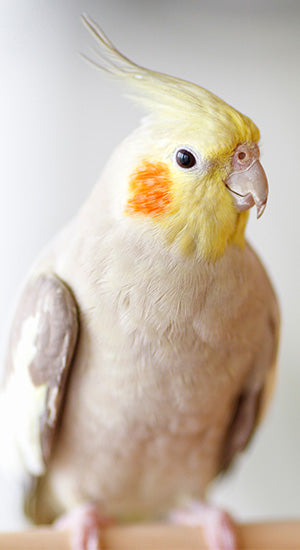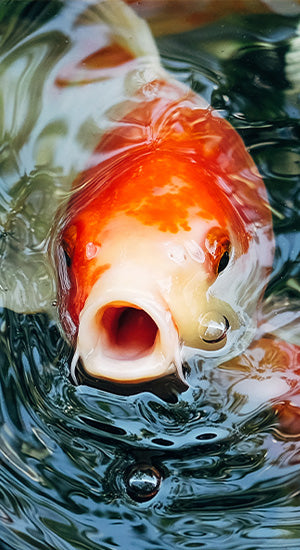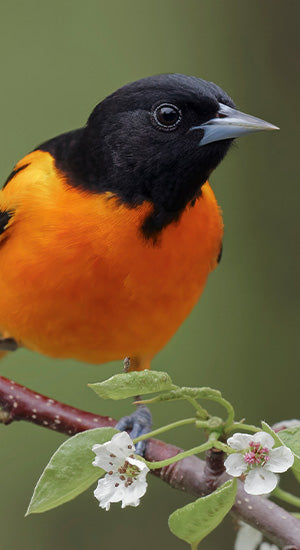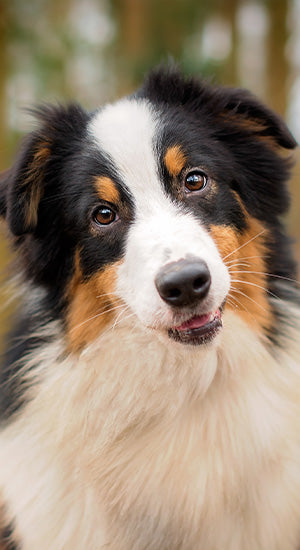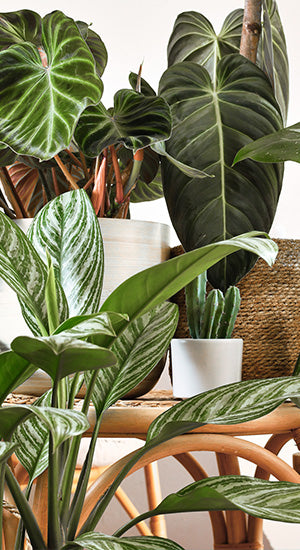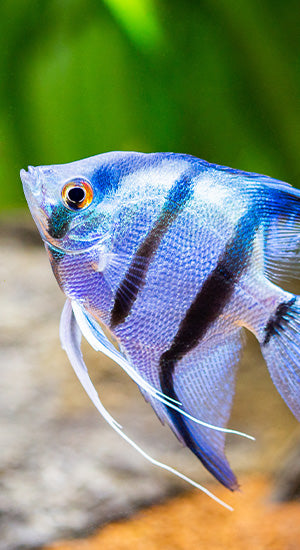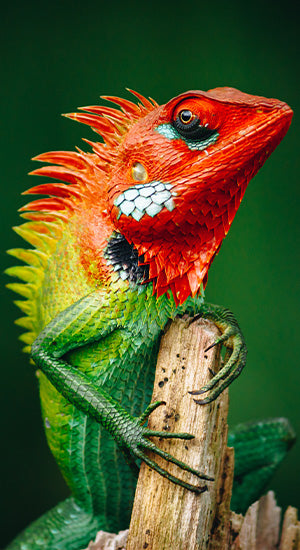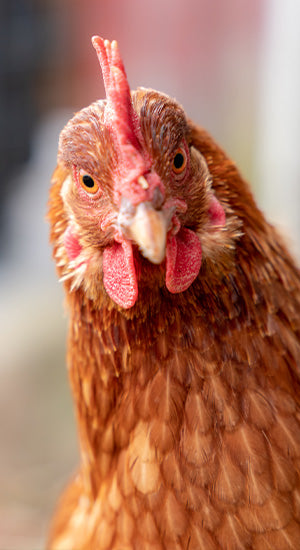Traveling With Your Bird
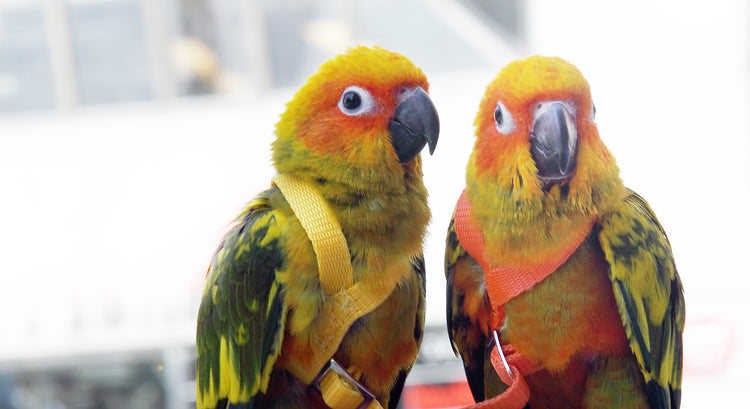
Traveling with your bird can be a wonderful experience, but there are things that you need to think about and do to ensure your bird’s safety while they are away from home.
Keep Your Cage/Carrier Secure
One of the most common accidents that occur while traveling is your bird escaping the cage and flying off. The best way to avoid this is making sure the bird’s wings are clipped beforehand. If you are traveling to a grooming appointment to have the bird’s wings clipped, make sure the cage or carrier is secured and the bird cannot escape. If you are bringing them in a larger cage rather than a travel carrier, make sure that the bottom of the cage is fully attached or carry the cage from the bottom.
Keep Them In The Back Seat
If possible, always keep your bird in the backseat. One of the reasons for this is that if you get into an accident, the airbags will injure your bird. Another downside of having your bird in the front seat is that the windshield wipers can give them a lot of anxiety as they will see something moving above them, and assume it is a predator. Having your bird directly in front of the heating or A/C can also be bad as they may catch a chill or get overheated. The general rule is that if you’re comfortable with the climate while wearing a t-shirt and shorts, your bird is too. Once you get a bit chilly or start sweating, the climate is no longer suitable for your bird. The same rule applies for open windows or convertible cars. Make sure to preheat your vehicle during colder months and keep the carrier covered while outside.
Food and Water
If you’re traveling a shorter distance, there is no need to have water in the cage. The water will likely spill in your vehicle or on the bird. This is especially dangerous during the colder months of the year as your bird can get sick if it is wet. If you're traveling a farther distance, or you just want to make sure your bird stays hydrated, use a water bottle or place apples, grapes, cucumber, etc. in the carrier. Make sure you take extra food with you in case your travels are delayed and don't seal your seed!
Some Birds Get Car Sick
Many birds get car sick if they are not used to traveling. This is normal! If you’re not sure whether your bird will get car sick, take them on a test drive in their carrier to gauge their comfortability so that you can be prepared in the future. If your bird gets car sick, agitated, or nervous in the car, cover them with a towel or blanket (nothing too heavy as they still need airflow) so that they can’t see out the window. If you’re worried about your bird pooping outside of the cage, chewing on the back of the seat, or causing any other harm to your vehicle, simply place a piece of cardboard against the back to separate the carrier from the seat.
Buckle Up!
Even if your trip is short, it is important that you buckle the bird’s carrier into the seat to ensure that they do not slide, tilt, or get hurt should anything happen during your travels. If your cage is too large to buckle in, invest in a smaller travel cage - knowing your bird will be safe is worth the cost of a carrier!

Protect Them While Camping
If you are camping, make sure your bird is protected from mosquitos, hawks, and other animals in the area. If you are planning on keeping your bird out with you, it is worthwhile to harness train them. Predators will grab your bird right from your shoulder if you’re not careful and having them on a leash will keep them safer, and give you peace of mind while they are outside with you. Mosquitoes can be extremely dangerous to your bird’s health. If a mosquito has been feeding on an infected wild bird and bites your bird, it can infect them with West Nile Virus, which is highly contagious and causes swelling to the brain which can be fatal.
Overnight Safety
When it’s time to sleep, it is recommended that you keep your bird indoors to ensure that they are protected from animals, bugs, and the weather. If you’re at a cottage, just keep them inside the building at night. If you're staying at a hotel, check in advance that they are pet friendly. If you’re out camping, keep them in the car if possible, but remember to leave a nightlight on so that they are able to move around the cage and see their surroundings. If this is not possible, you can do your best to keep them covered and protected, but we recommend leaving them at home with family or at a boarding facility.

